CONTACTAbout UsCAREER OPPORTUNITIESADVERTISE WITH USPRIVACY POLICYPRIVACY PREFERENCESTERMS OF USELEGAL NOTICE
© 2025 Equal Entertainment LLC.
All Rights reserved
All Rights reserved
By continuing to use our site, you agree to our Privacy Policy and Terms of Use.
We need your help
Your support makes The Advocate's original LGBTQ+ reporting possible. Become a member today to help us continue this work.
Your support makes The Advocate's original LGBTQ+ reporting possible. Become a member today to help us continue this work.
The U.S. government on Wednesday refused to override patents on the anti-HIV drug Norvir, effectively allowing a quintupling of the price to stand despite consumer groups' accusations of price gouging. Patient groups and some members of Congress had pushed the National Institutes of Health to take the unprecedented action, arguing it was warranted under a special law because Norvir's discovery was partially funded by taxpayer dollars. But the NIH decided that such an extraordinary step could have overly broad effects on the pharmaceutical market and would exceed that law's intent. "The issue of drug pricing has global implications and, thus, is appropriately left for Congress to address legislatively," concluded Elias Zerhouni, NIH director. Abbott Laboratories raised the price of a single dose of the eight-year-old Norvir to $8.57 a day from $1.71 late last year. The impact reached far beyond that one drug: Low doses of Norvir are used to boost the effects of other anti-HIV medicines, meaning patients taking a wide array of antiretroviral drug cocktails faced substantially higher bills. Consumer advocates decried that the increased price applied only to the United States, leaving Norvir five to 10 times cheaper in other countries. They also called it anticompetitive because it applied only when Norvir is added to other companies' anti-HIV medicines, not Abbott's own Kaletra, a medicine with Norvir built into the pill. The price hike came amid already vigorous debate about why Americans pay much more for prescription drugs than do patients in such countries as Canada and the United Kingdom. Citing a $3.5 million NIH grant that helped lead to Norvir's discovery, the consumer group Essential Inventions petitioned the government to grant licenses for other companies to make the medicine too. Their aim: driving the drug's price down. The 24-year-old Bayh-Dole Act gives the NIH the right to claim patents of inventions partly funded by the government--if companies don't bring the innovations to market in ways that "achieve practical application." "It's a horrible decision," Robert Weissman, Essential Inventions general counsel said of Wednesday's decision. The NIH ruling means that drugmakers "can put government-funded inventions on the market at any price whatsoever without facing the possibility of a margin." The decision suggests "it doesn't matter what drugmakers charge for a taxpayer-subsidized drug, as long as they continue to sell it," complained Rep. Sherrod Brown (D-Ohio). Brown and Weissman pledged to appeal to Health and Human Services secretary Tommy Thompson to overrule the NIH decision. A Thompson spokesman didn't immediately return a call for comment. Abbott welcomed the decision. The company maintains that the higher price is necessary to counter falling sales as Norvir's use has shifted from a primary agent to a low-dose booster. Sales fell to $100 million last year from a high of $250 million in 1998. Norvir sales have totaled more than $1 billion since its introduction. The company also says the NIH grant represented a tiny portion of the roughly $300 million it ultimately spent developing Norvir, expenses it needs to recoup to invest in new research. "This is good news for patients who will continue to benefit from both current and future innovations that result from the advent of the Bayh-Dole Act," said Melissa Brotz, Abbott spokeswoman. The NIH did say its sister organization, the Federal Trade Commission, would be the proper agency to address allegations that Norvir's price is anticompetitive. Brotz said the FTC recently notified the company that the agency had no plans to investigate. (AP)
From our Sponsors
Most Popular
Bizarre Epstein files reference to Trump, Putin, and oral sex with ‘Bubba’ draws scrutiny in Congress
November 14 2025 4:08 PM
True
Jeffrey Epstein’s brother says the ‘Bubba’ mentioned in Trump oral sex email is not Bill Clinton
November 16 2025 9:15 AM
True
Watch Now: Pride Today
Latest Stories
Marjorie Taylor Greene says Trump was 'extremely angry' over vote to release Epstein files
December 08 2025 11:58 AM
Cynthia Erivo makes Golden Globes history with second nomination
December 08 2025 11:48 AM
Another University of Oklahoma instructor suspended in biblical psychology paper grading controversy
December 08 2025 10:01 AM
The next out member of Congress may be a gay man from Utah
December 08 2025 7:00 AM
Opinion: When museums go silent, erasure speaks louder
December 08 2025 6:00 AM
Joe Biden says MAGA Republicans want to make LGBTQ+ people ‘into something scary’
December 05 2025 8:20 PM
'Finding Prince Charming's Chad Spodick dies at 42
December 05 2025 3:45 PM
Supreme Court to hear case on Trump order limiting birthright citizenship
December 05 2025 3:01 PM
Women gamers boycott global esports tournament over trans ban
December 05 2025 2:55 PM
Anti-LGBTQ+ hate crimes reached record-highs last year in this gay haven
December 05 2025 1:16 PM
Three lesbian attorneys general beating back Trumpism in court warn of marriage equality’s peril
December 05 2025 12:07 PM
Trump DOJ rolls back policies protecting LGBTQ+ inmates from sexual violence
December 05 2025 11:12 AM
Trending stories
Recommended Stories for You








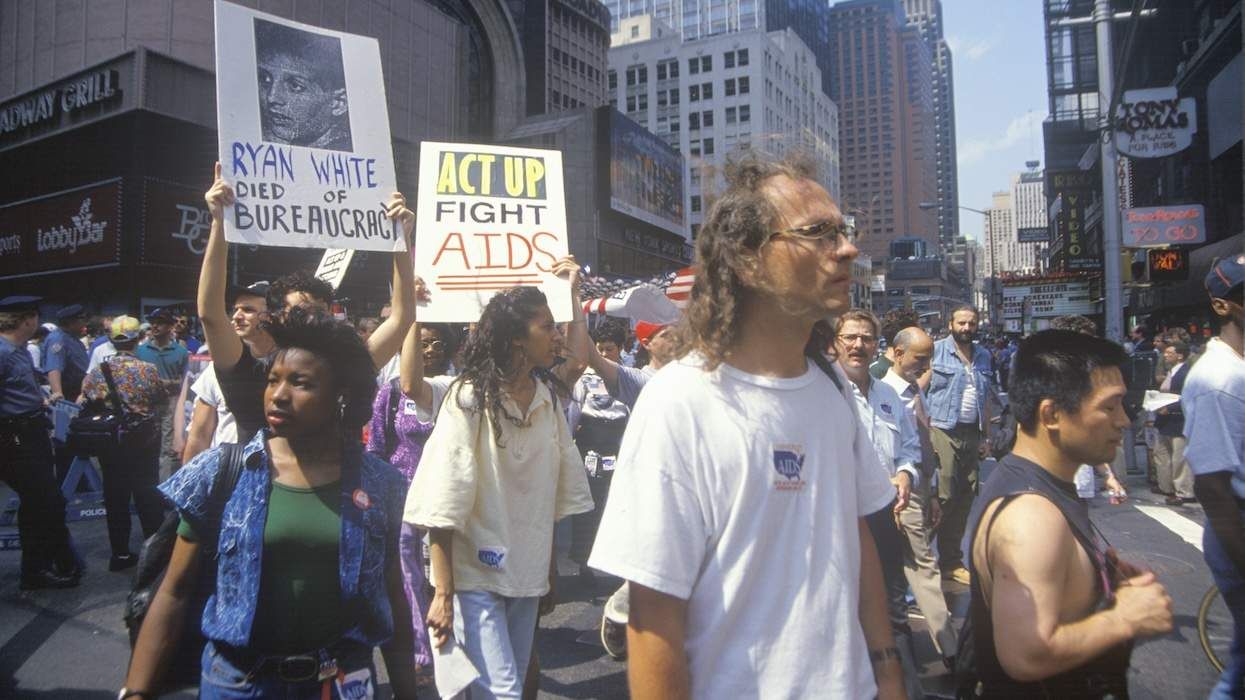
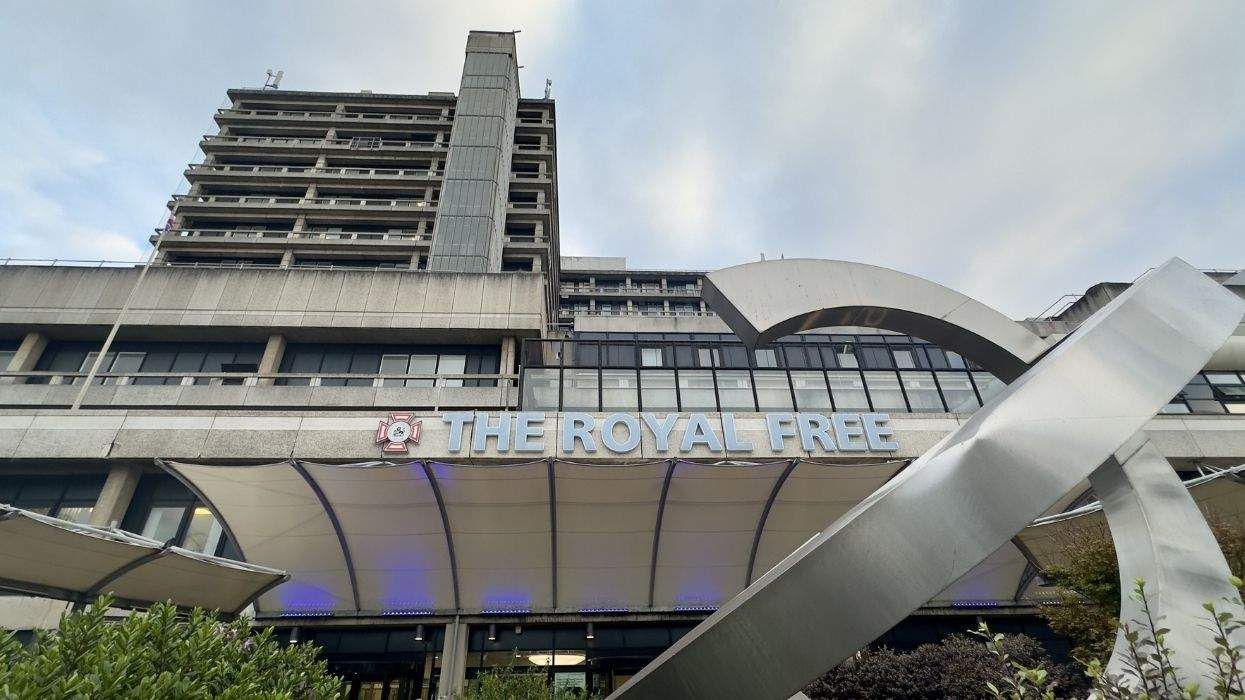
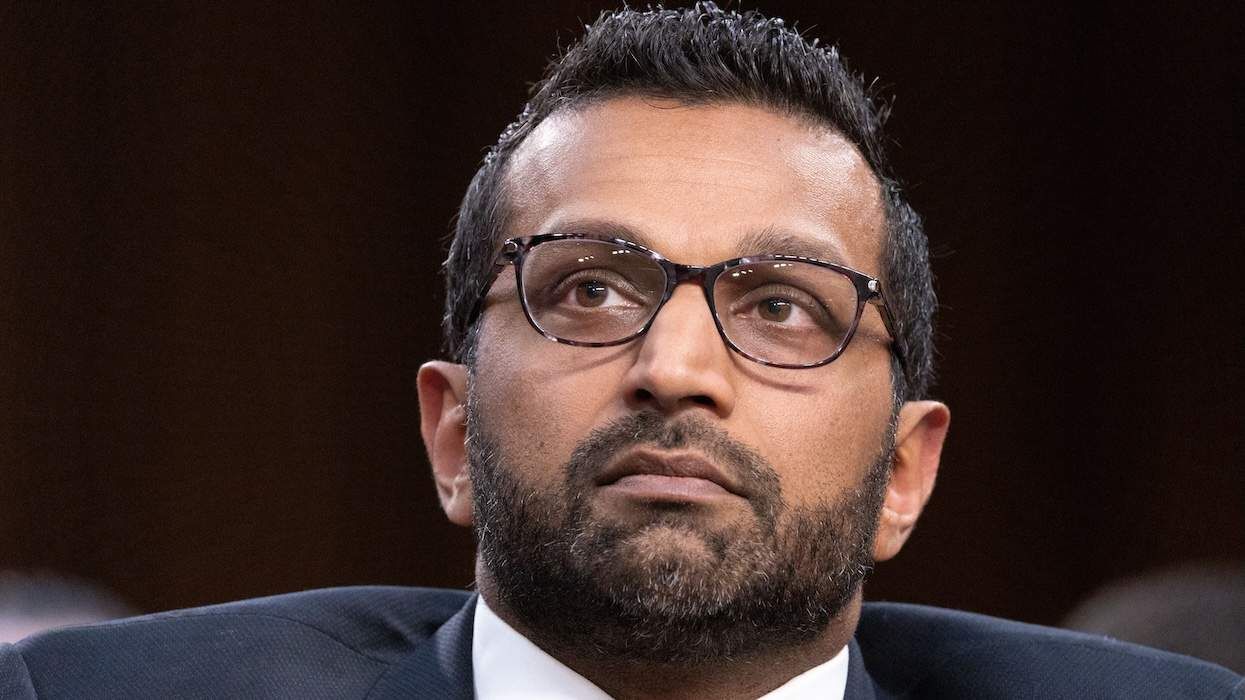
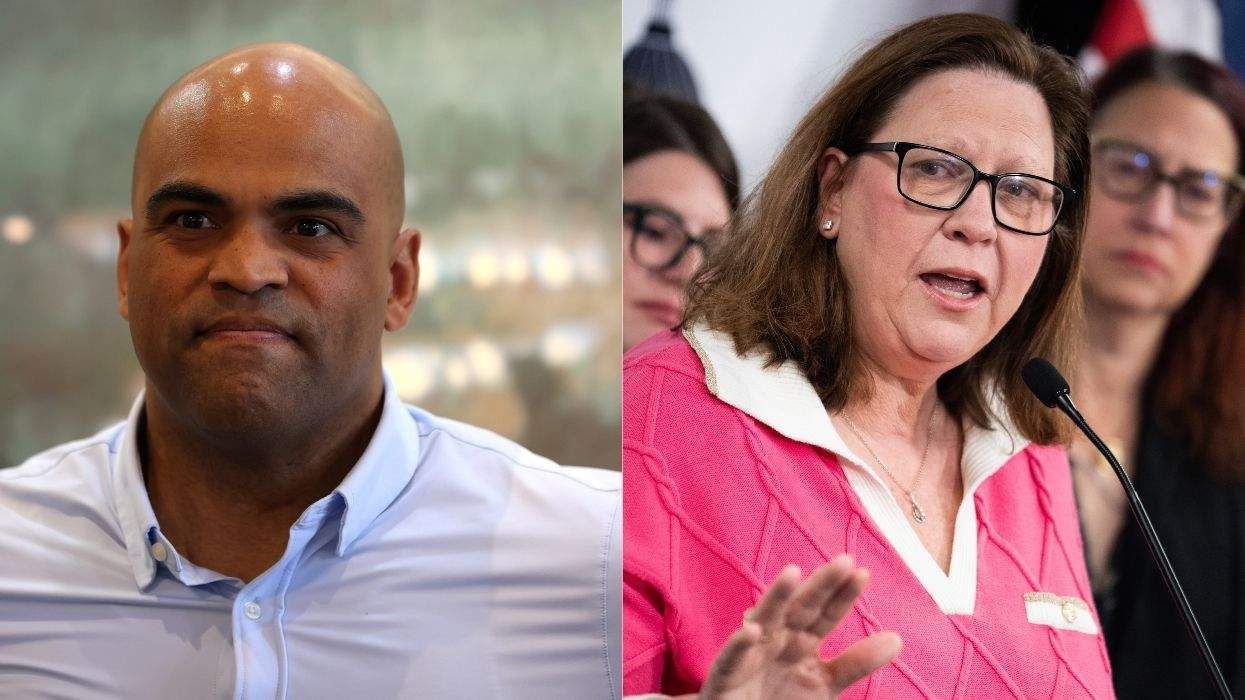

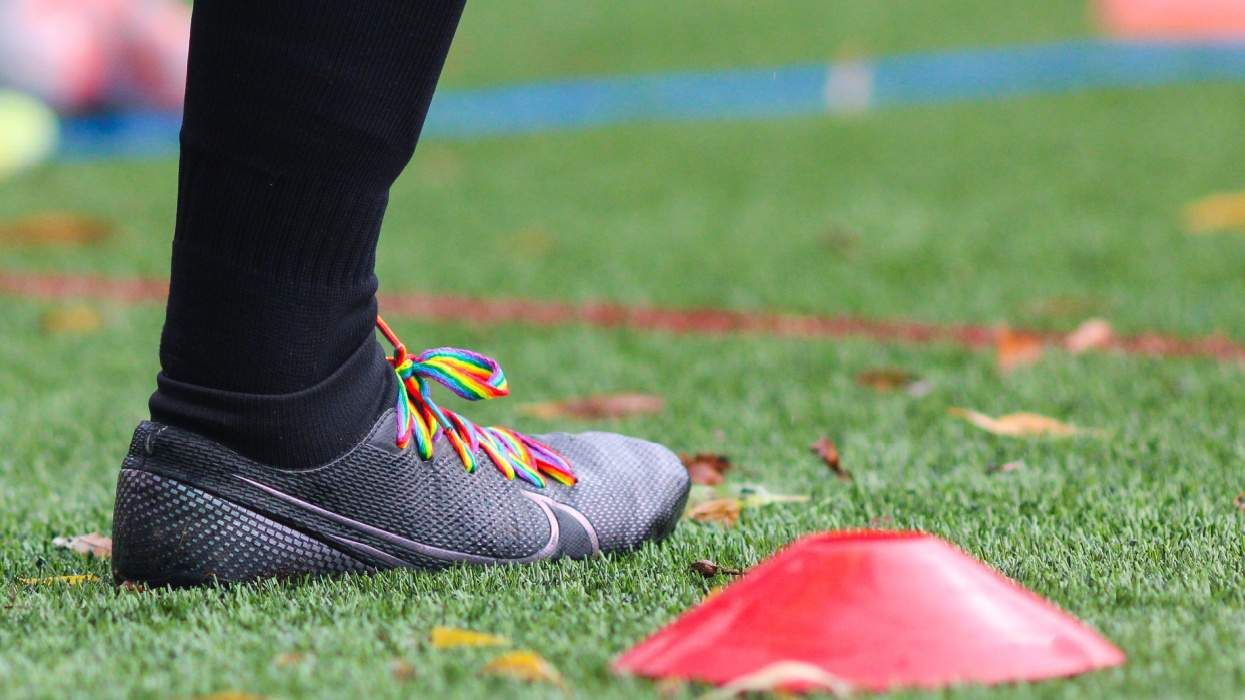
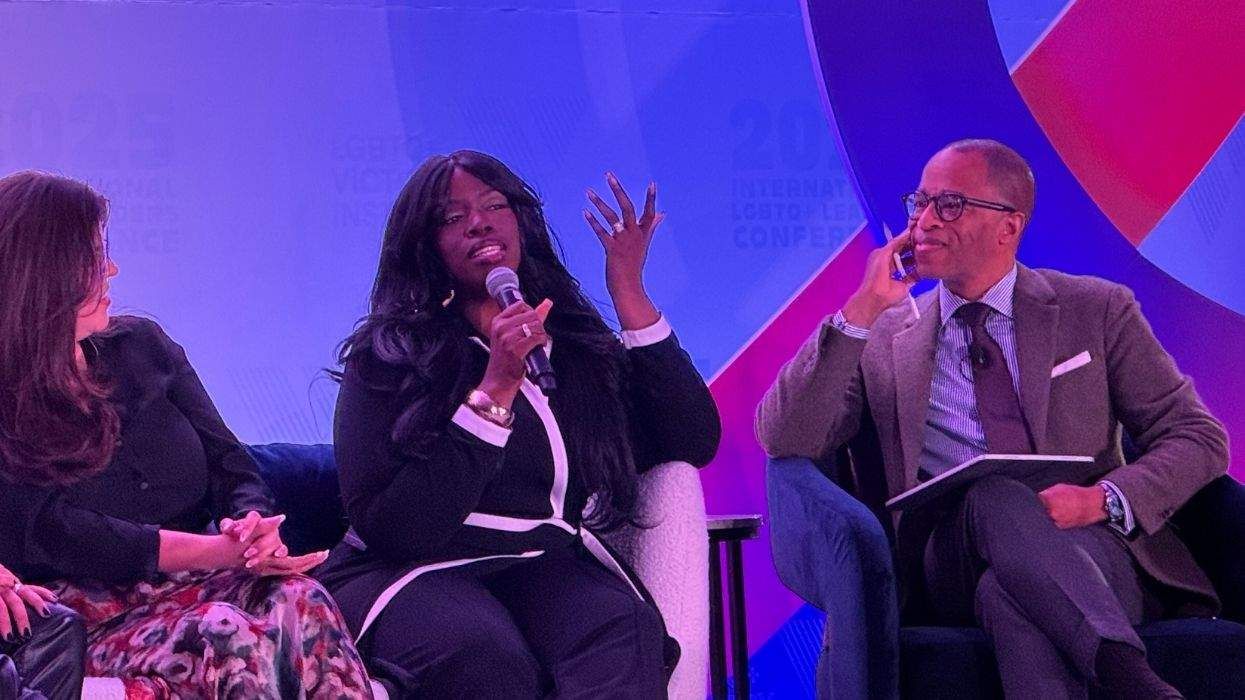
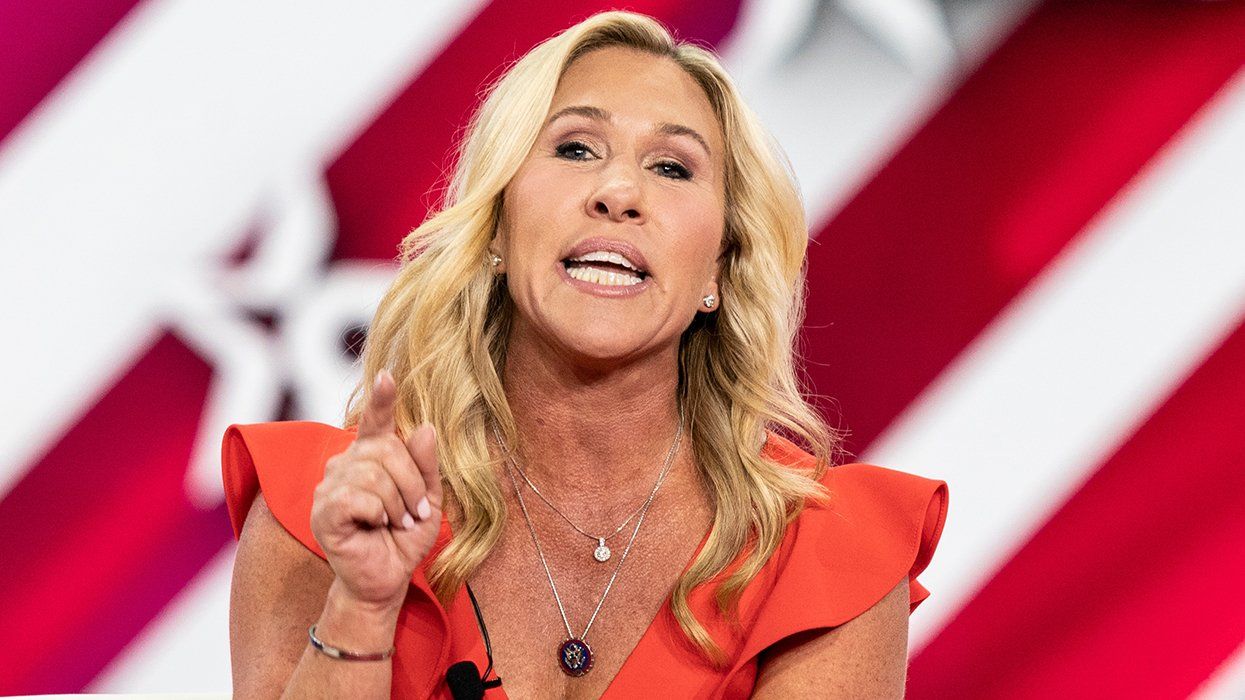
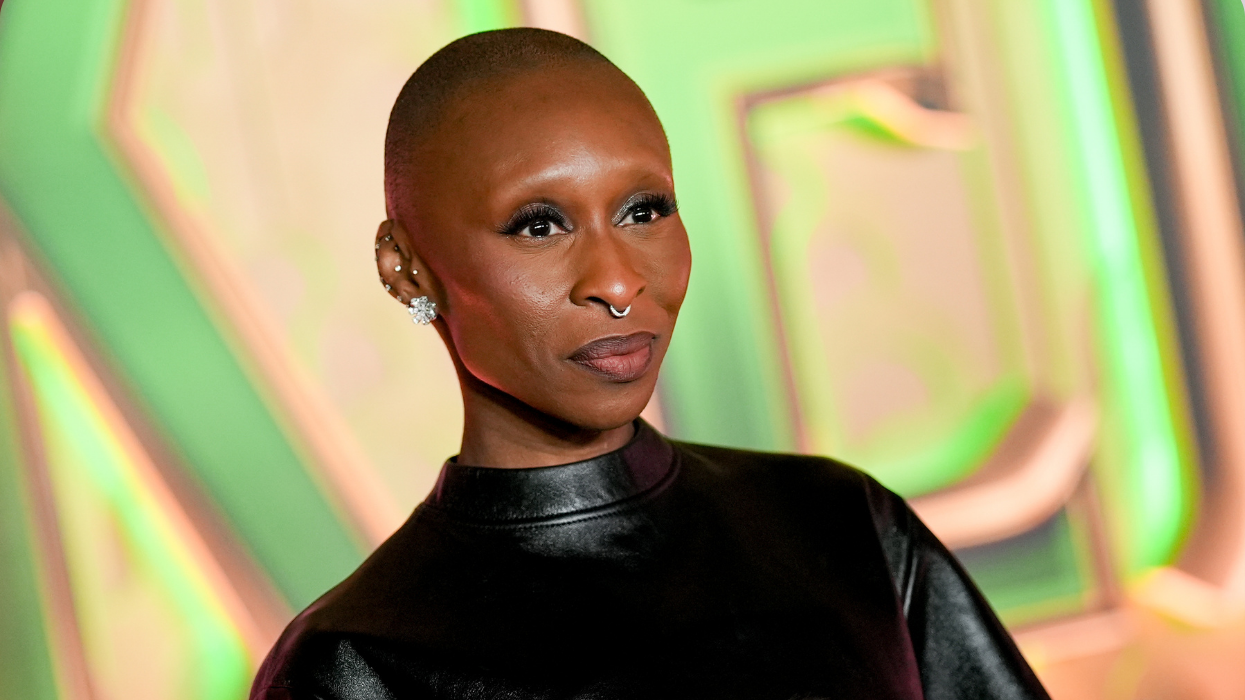

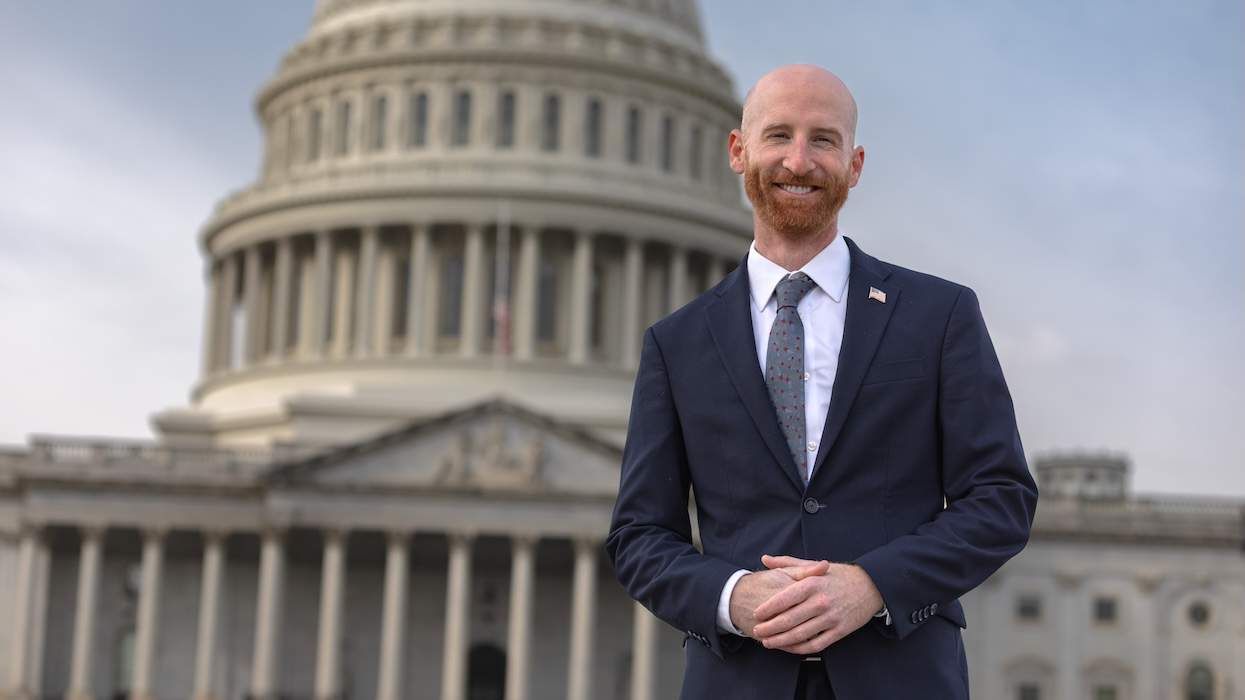
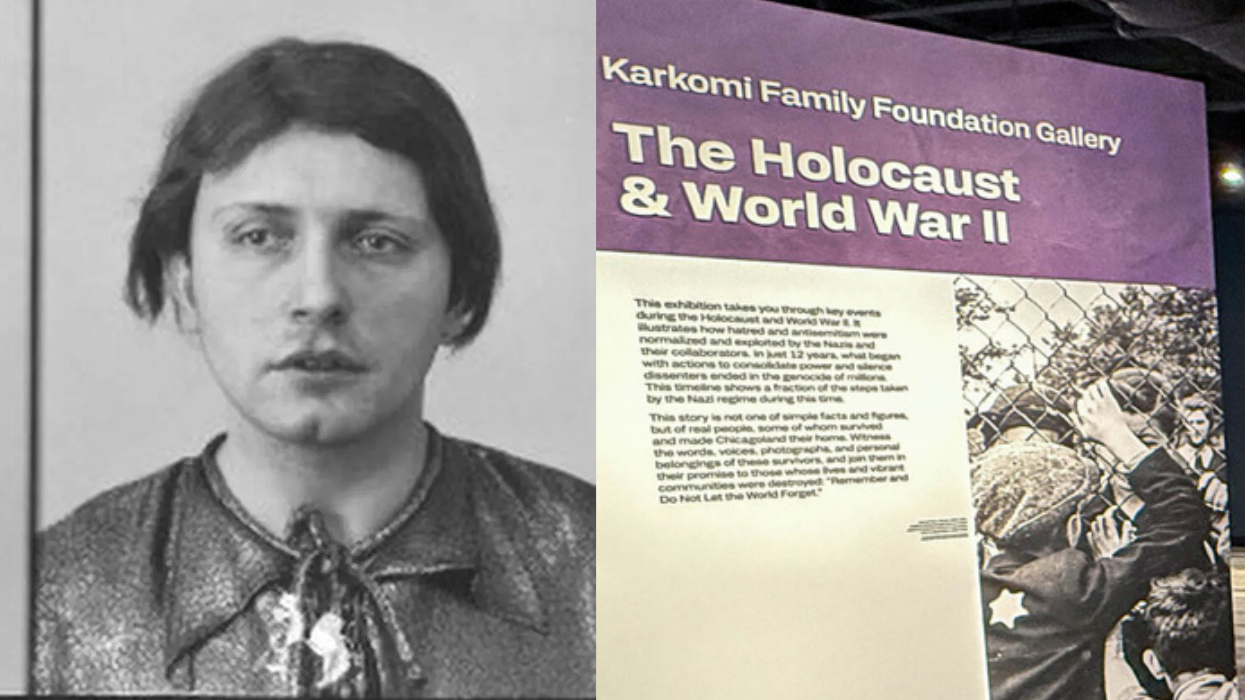
















































Charlie Kirk DID say stoning gay people was the 'perfect law' — and these other heinous quotes